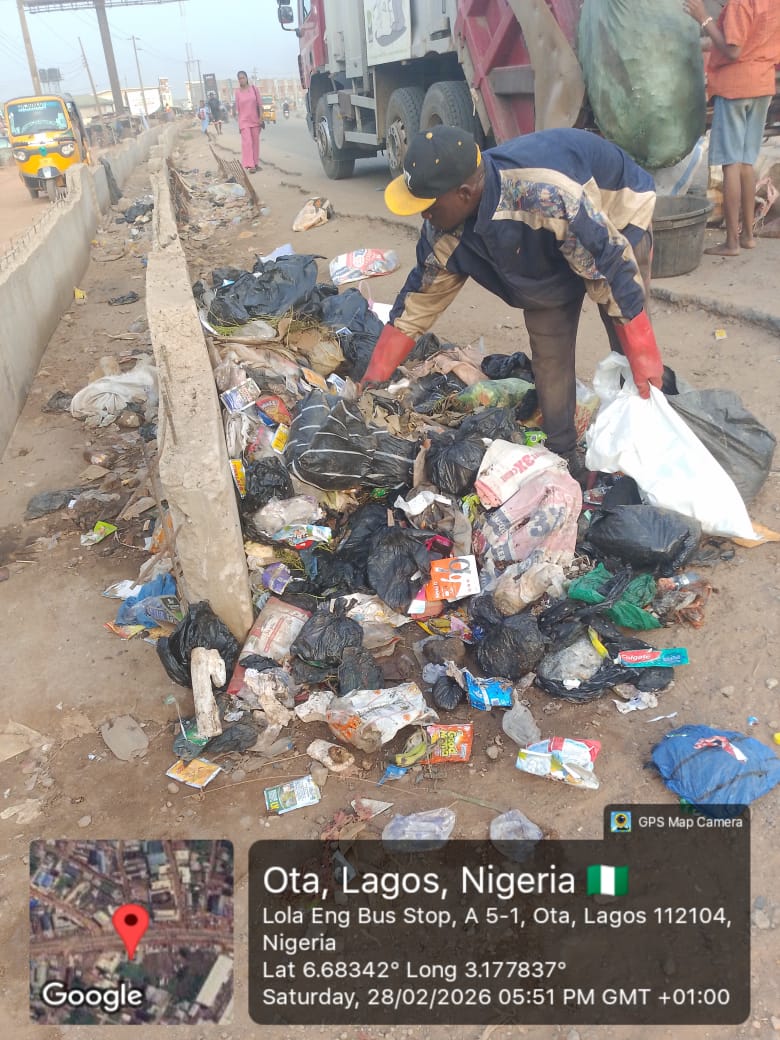WHO warns of resurgence of eradicated diseases amid global funding cuts

The World Health Organisation (WHO) has raised an alarm that diseases previously brought under control through vaccination could resurface, following significant cuts to global health funding.
In a statement to mark the start of World Immunisation Week, WHO revealed that vaccines have saved an estimated 150 million lives over the past 50 years.
However, the organisation warned that this hard-earned progress is now under serious threat.
World Immunisation Week, celebrated annually from April 24 to 30, aims to highlight the critical importance of vaccines. This year’s theme is: “Immunisation for All is Humanly Possible.”
WHO highlighted the success vaccines have had in Africa’s “meningitis belt,” where mass immunisation campaigns have effectively ended meningitis A outbreaks. Similarly, yellow fever cases and deaths have dropped significantly due to routine vaccinations and emergency vaccine stockpiles. But WHO cautioned that these achievements are now at risk.
“Funding cuts to global health have put these hard-won gains in jeopardy. If we do not act now, diseases we thought were gone could come back and claim many lives,” WHO Director-General Dr. Tedros Adhanom Ghebreyesus warned.
The organisation also shared worrying trends: in 2023, global measles cases surged to 10.3 million—a 20 percent increase compared to 2022. Yellow fever is also making a comeback, with outbreaks recorded across Africa and the Americas in early 2025.
WHO attributed the setbacks to several factors, including misinformation about vaccines, growing populations, conflicts and natural disasters, and declining financial support from donors.
A recent WHO review of vaccination efforts in 108 countries revealed that nearly half are struggling with serious challenges in their immunisation campaigns due to shrinking donor contributions, leading to vaccine shortages.
The Executive Director of UNICEF, Catherine Russell, said that, “The global funding crisis is severely limiting our ability to vaccinate over 15 million vulnerable children in fragile and conflict-affected countries against measles.”
She added, “Vaccines save about 4.2 million lives every year by protecting people against 14 different diseases. Almost half of these lives are saved in Africa. Despite these incredible results, falling investment now risks bringing back diseases we thought we had under control.”
Experts say vaccines are one of the smartest ways to spend money on health.
According to WHO, “Every $1 spent on vaccines returns an estimated $54 through better health and stronger economies.”
WHO, UNICEF, and their partners are urging parents, communities, and political leaders to keep supporting vaccination programmes and to make sure vaccines are funded well into the future.



